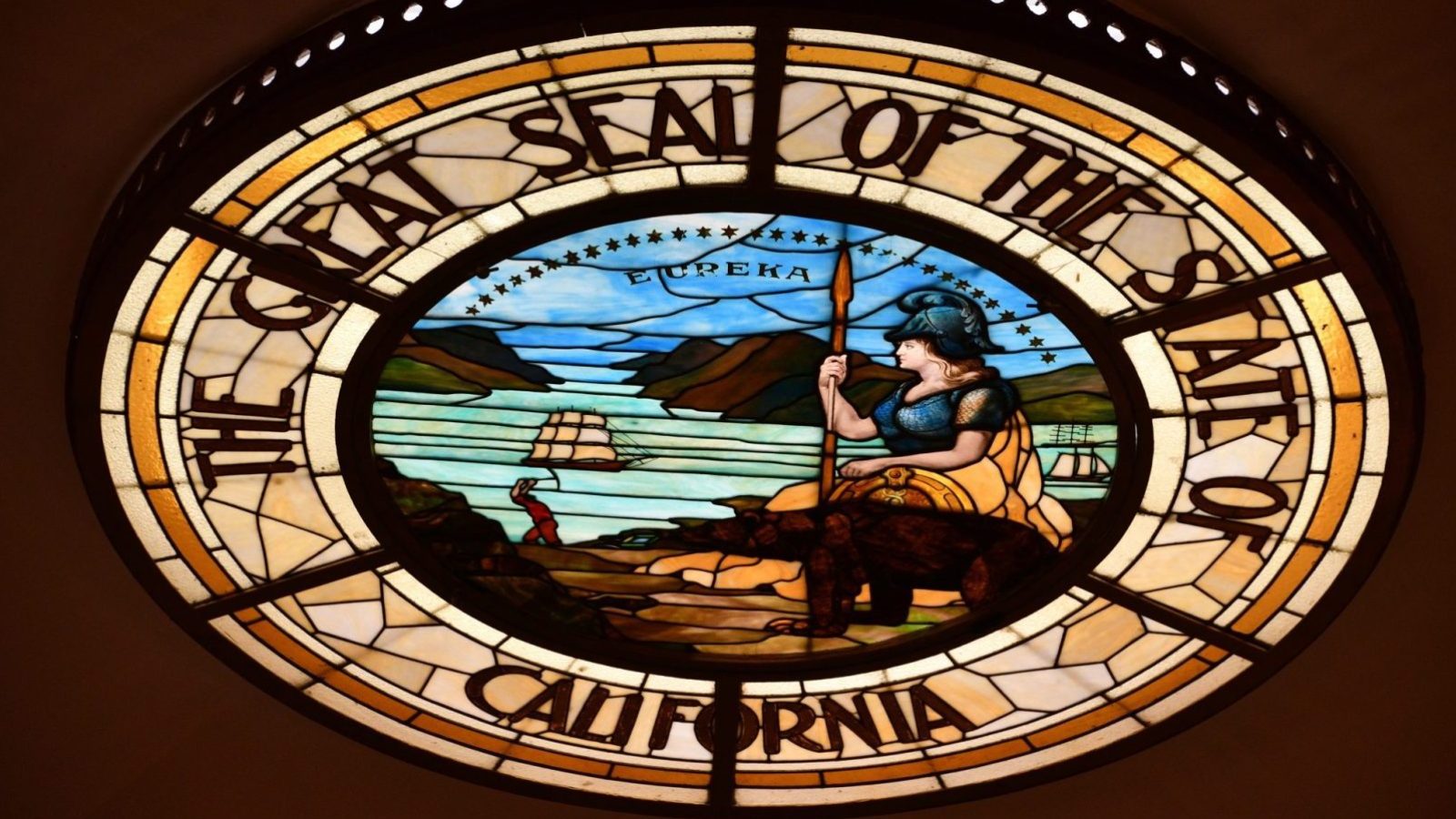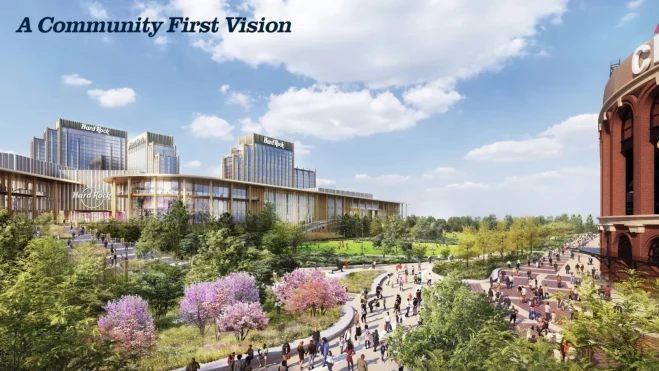Cardrooms Vs. Tribes: First Court Date Nets Arguments About Validity, Preemption, But No Action
In question is whether or not Indian Country has a valid claim to base its lawsuit on
3 min

Sacramento Superior Court Judge Lauri A. Damrell deferred making a ruling and will further consider a decision on the first matter in a court case that could determine the future of California’s cardrooms. At issue Friday was whether or not California’s tribes, which were granted a one-time opportunity to sue the cardrooms by the state legislature, have a valid claim.
Thursday, Damrell issued a tentative order about her concern that the Indian Gaming Regulatory (IGRA) Act would preempt state law in this instance. But previously, the power of IGRA to preempt state law has only been used in narrow situations and in relation to gambling on reservation. In this case, the gambling in question is taking place off reservation.
Damrell heard from both sides but opted to take some time with the arguments before issuing a decision. She set an Oct. 10 court date to continue proceedings, and said she would alert all parties if more information was needed ahead of that.
The cardrooms, which tribes say have been offering illegal card games since 2007, filed a “notice of demurrer” for consideration. Such a notice suggests that the plaintiff — Indian Country — does not have sufficient grounds to sue, despite the legislature granting it the right.
Late last year, the California state legislature approved SB 549, a first-of-its-kind in California single shot for tribes to sue the cardrooms. The tribes had until April to file their suit, but did so Jan. 2. Under the IGRA and their compacts, California’s gaming tribes have exclusivity for house-banked gambling.
Cardrooms have traditionally offered player-banked games, but for the last 18 years, have been using player-dealers, also known as third-party providers of proposition player services (TPPPS). It is the use of these dealers that the tribes say violates their exclusivity.
Cardrooms question grounds
Friday, the courtroom was filled with tribal and cardroom representatives and there were more than 60 people tuned in via Zoom. In the tribes’ initial filing, seven gaming tribes filed a complaint against more than 90 cardrooms. Representatives from multiple cardrooms and tribes have submitted a mountain of briefs since the initial complaint was filed in January. And the cardrooms are starting their fight by saying that there are no grounds for the complaint, and that tribes have tried to sue or otherwise stop their use of TPPPS before without success.
Most recently, 2022’s Proposition 26, which would have made in-person sports betting legal at tribal casinos, included a provision that would have allowed the tribes to sue. The proposition was defeated, as part of a bigger fight between the tribes and commercial operators. In court, the tribes, as sovereign nations, lack standing, and attempts to address their concerns that way have previously been rejected.
Friday, Damrell was trying to parse exactly what the cardrooms are asking for and why the tribes should be able to proceed. They are complicated questions that bring federal and state laws into play. The cardrooms argued that because IGRA is a key factor in tribal gaming and therefore directly related to the exclusivity question, any court proceedings belong in federal court.
But IGRA requires tribes to compact with states for gaming, and exclusivity is ultimately granted by the state via the compact, creating an argument for state court as the venue.
Preemption potentially in play again
Damrell and representatives from both camps also brought up the issue of preemption, which has been on the radar for the gambling industry of late in relation to prediction markets. In the cardroom case, it’s a question of whether IGRA preempts state law.
There is, however, case law that shows that an IGRA preemption only applies only on reservation, and tribal lawyers spent significant time offering up examples. Damrell opted not to enforce her tentative order, but rather to consider the arguments.
With regard to prediction markets, there is some question as to whether or not federal laws can preempt one another, and a tribal consortium filed an amicus brief arguing that the IGRA is not preempted by the Commodities Exchange Act. In addition, three different states — Maryland, Nevada, and New Jersey — are arguing that federal law does not preempt state law when it comes to legal sports betting.
As sovereign nations, California’s tribes have been handcuffed by an inability to seek legal remediation. At the same time, many cardrooms predated tribal gaming, and have long provided a financial lifeline to the communities in which they operate.
State also exploring player-dealers
Prior to introducing TPPPS, players at a table rotated as dealers. But the risk to a single player of doing so is high, and the cardrooms found a workaround to make their games more palatable to players. It’s not just the tribes who question if using TPPPS is an appropriate solution.
A Sacramento courthouse isn’t the only place that cardrooms are facing challenges. The state is also reconsidering the use of TPPPS — the state’s Bureau of Gambling Control and Attorney General Rob Bonta are two years into revisiting the rules around TPPPS and blackjack at cardrooms.
According to an op-ed on Casino Reports from the California Gaming Association, tens of thousands of Californians could have their jobs at risk and cities could lose critical services if cardrooms are forced to revamp their business models or potentially shutter.
“Tribal efforts to eliminate cardrooms are deeply personal to the 32,000-plus working Californians who rely on jobs tied to cardrooms and the under-served communities who rely on cardrooms for funding support,” CGA executive Kyle Kirkland wrote. “In the City of Hawaiian Gardens, over 70% of the city’s general fund comes from cardroom revenue. Cardroom tax contributions keep streets clean, parks maintained, and public safety departments staffed.”






